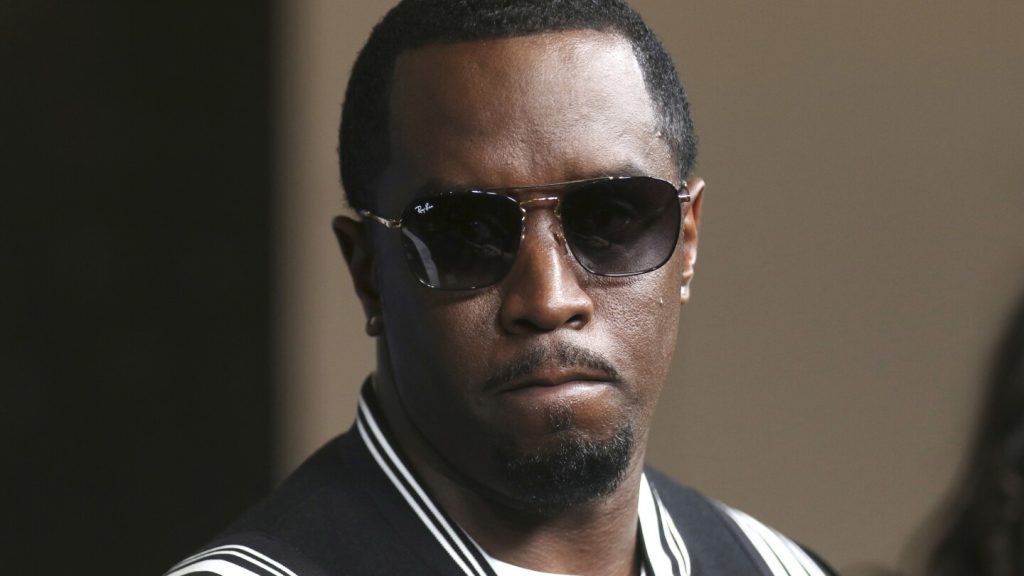Two lawsuits were filed on Monday accusing hip-hop mogul Sean “Diddy” Combs of drugging and sexually assaulting a 10-year-old boy in a New York City hotel room in 2005 and a 17-year-old would-be contestant on the reality television series “Making the Band” in 2008. These lawsuits are part of a series of allegations against Combs spanning over two decades. Combs’ lawyers have denied the claims and accused the plaintiffs’ lawyer of seeking publicity, stating that Combs never sexually assaulted anyone. Combs, 54, is currently incarcerated in a New York City jail after pleading not guilty to federal sex trafficking charges.
The first lawsuit details how the 10-year-old boy, an aspiring actor and rapper, was given a drug-laced soda by a Combs’ associate during what was supposed to be an audition and was then sexually assaulted by Combs. The child eventually lost consciousness and was threatened by Combs not to tell anyone about the incident. In the second lawsuit, a 17-year-old male contestant alleges that he was forced into sexual acts with Combs and a bodyguard during a three-day audition for “Making the Band”. The contestant was eliminated from the competition when he expressed reservations and was unable to return to the music industry for seven years.
Both lawsuits were filed under New York City’s Victims of Gender-Motivated Violence Protection Act, which allows survivors to bring lawsuits even if the statute of limitations has passed. This legal avenue provides a means for survivors of gender-motivated violence to seek justice and hold perpetrators accountable, even in cases where traditional legal limits might have been exceeded. The lawsuits add to the wave of allegations against Combs, shedding light on the pervasive issue of sexual assault and misconduct in the entertainment industry.
Combs’ legal team has expressed full confidence in the facts and the judicial process, asserting that the truth will prevail in court. They stand by their statement that Combs did not sexually assault or traffic anyone, regardless of their age or gender. The lawsuits represent a broader movement towards accountability in cases of sexual assault and misconduct, aiming to protect survivors and prevent further abuse. As the legal proceedings unfold, the outcomes of these cases will be closely watched to determine the impact on the entertainment industry and society at large.


